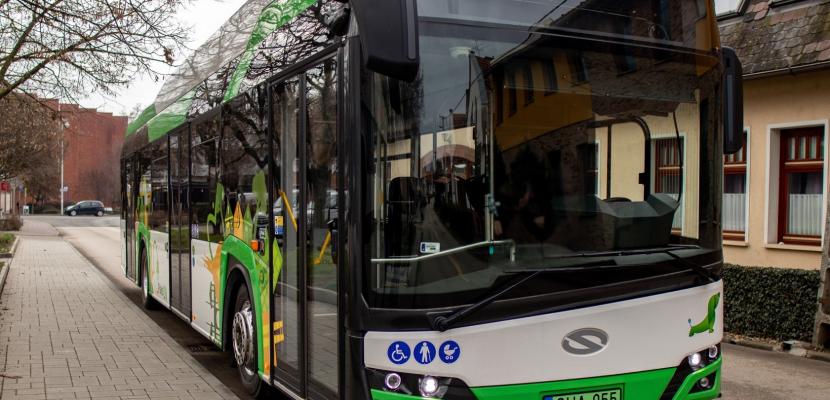
Smart Grid – Smart City – E-mobility

About this good practice
City of Paks has always been a pioneer when it came to electricity production. Besides its nuclear power plant, it has always looked for innovative settlement development ideas and solutions. Therefore it initiated the creation of a healthier, more energy-efficient and inhabitant friendly settlement by establishing a local, smart grid based smart city concept. Within that City of Paks – among other fields – worked on restructuring public transport by procuring 10 Solaris e-buses, installing charging stations, constructing a new depot and deploying PV panels on 11 municipality buildings to supply these chargers with renewable energy. Also, the 20,68 MW built-in capacity photovoltaic Paks power plant feeds up to the local electricity smart grid.
To provide for framework of these smart developments, those have been coordinated by a municipality project company called Protheus Holding Plc. The project company aimed at creating a healthier, more energy-efficient and inhabitant friendly city. In this way public transport development was one of the key smart grid based local smart city developments to be implemented at Paks. When it came to e-bus deployment, then operation was assigned to municipality owned Paks Transport Ltd.
The Municipality of Paks, Protheus Holding Plc., Paks Transport Ltd. were the main stakeholders. Passengers of bus public transport of Paks are the main beneficiaries.
Resources needed
Protheus Holding Plc. received EUR 2,020,247 European Union grant to plan smart city concept based developments in a value of EUR 51 million in total and at minimum. The e-bus deployment was financed by Integrated Transport Development Operational Programme in a value of EUR 5,536,758.
Evidence of success
Public finance obtained for smart city development generated further European Union funds for implementation of “building brick” projects of local development. One of those was e-bus deployment at Paks,
10 Solaris buses in 2021 provided 2,5 times more bus services on cheap locally produced electricity, on an extended local route network, with no CO2 emission produced.
Smart bus stops and electronic ticketing also served the more environment friendly operation of the e-bus fleet.
Potential for learning or transfer
This good practice especially has learning potential for those European regions and cities that plan their e-bus deployments not as standalone projects, but as part of their own smart settlement development concepts. Also, with an outlook to the less burden on the local environment, it is worth considering the use of locally generated, stored and used electricity for the local e-bus fleet. Application of IT solutions not only result in higher levels of passenger satisfaction, but are favourable from the protection of the environment, too.
Further information
Website
Good practice owner
You can contact the good practice owner below for more detailed information.

